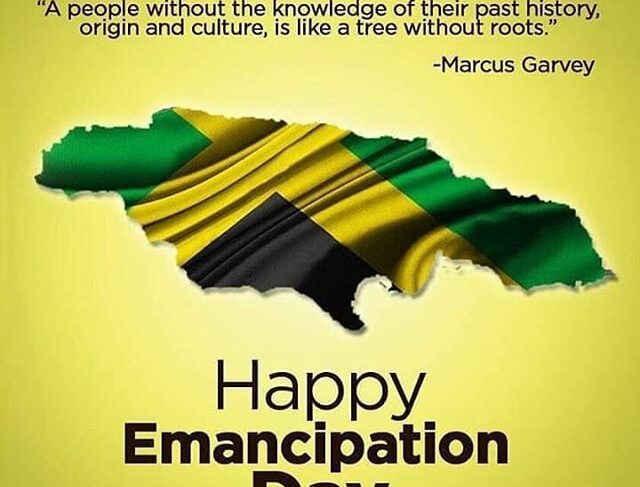Earlier this year, the former revolutionary and president of Zimbabwe Robert Mugabe died in Singapore. His death has been greeted with mixed reactions in Zimbabwe and has forced many people, both pro and anti-Mugabe, to come to terms with his legacy and reappraise what his time in office brought to them.
This is in stark contrast to what is found in say the BBC, Guardian, CNN and so on where, upon his death, they ran with the banner headlines of ‘dictator dead’ while his obituaries read like he was the Baby-eating bishop of Bath and Wells.
What is also not lost in these obituaries is the subtle racism which constantly implies that black people, specifically those on the continent, just can’t seem to govern themselves.
Now, I am not here to say that Mugabe was an angel. I think the historical record is clear on that fact. But I do find it hilarious and sad that the massacres which he was rightly vilified for took place when he was the darling child of the West, covered up and downplayed and only brought to light some 20 years later when he and the Government he led would no longer play ball. What would he not acquiesce to, what was it that drove the West to label this man a monster after 20 years of bigging him up. What crime was so grave?
The crime, as I am sure most people know, was to take the initiative and seize white-owned lands without compensation; land reform in other words. But again, why was the land reform such an issue? Hadn’t the UK, in the Lancaster House agreement, promised to help the Zimbabwe Government in this effort? They did, and for a while they abided by the agreement (17 years).
In 1997 under Blair, they halted the assistance and decided to tie it to human rights (this while his troops on his order were involved in a prolonged and needless civil war — ethnic cleansing in the former Yugoslavia).
In my estimation that was Mugabe’s biggest mistake. He should have called the bluff, resigned after installing a successor and then press ahead. True, the UK and the West would have condemned them, but we would have immediately seen them for the hypocrites they are.
Instead, Mugabe stayed on, won the ensuing election on the pledge to unilaterally expropriate white-held lands without compensation (after pressure from the war veterans movement which itself got corrupted) and that is when the first round of sanctions was imposed on Zimbabwe. That is when the tales of the massacres were aired by journalists who had sat on the story for some 20 years. This is when the trope of dictator was thrown about.
Shortly after the expropriation and sanctions, crop failures ensued (naturally) and the white populace began to flee after it became obvious that even though they would be unmolested they were no longer first-class citizens, but average joes (best illustrated in a macabre fashion with the MDC politicians — black and white — getting arrested and beaten).
In spite of the sanctions and election rigging, in spite of the economic collapse, which was the butt of many jokes, they still have one of the best education systems in the world. It is an open secret that Zimbabwean doctors, nurses, economists, engineers, teachers, etc… fill so many posts in Southern Africa that if they were to go home a country like, say, South Africa would collapse as key functions couldn’t be met. The same is true in the UK, Australia and New Zealand where the white Zimbabweans have fled in droves after getting first-class education on the continent.
Whatever one thinks of Mugabe, some eternal truths must be spoken. He and his comrades laid the template (however flawed) which we praise South Africa for. He and his comrades allowed the racist Ian Duncan Smith to not only remain in Zimbabwe but also as an MP for life. This man and his comrades, without the aid of the West, brought to an intermission the conflict in the DRC, which the West helped create, and keeps going till today.
These truths must not ever be forgotten, and it is funny that the people who know him the most have such a nuanced view of him, while those further afield only choose to dwell on the negatives. Compare the obituaries of a G.H.W. Bush, and Robert Mugabe, a man who led a guerrilla movement, won elections and had ruled (however poorly) over a multi-racial nation and laid the template for how to proceed after winning a conflict against apartheid. One is a monster and the other is a statesman, one is a tyrant and the other a noble ruler. One had flaws, but all in all meant well, while the other was simply a devil who got weary hiding his evil.
Let us have an honest appraisal of his legacy, looking at the good and the bad, understanding why they took place and the context in which they took place, and before we criticise, ask ourselves, how would we perform in our revolution, would it differ from the one in Zimbabwe as we have not had ours. Let us appraise and learn from him rather than needlessly criticise him in what is essentially a racist manner. Let us hope that the positives are repeated and that the negatives are never done again.



